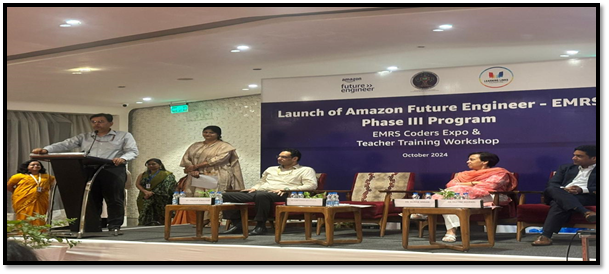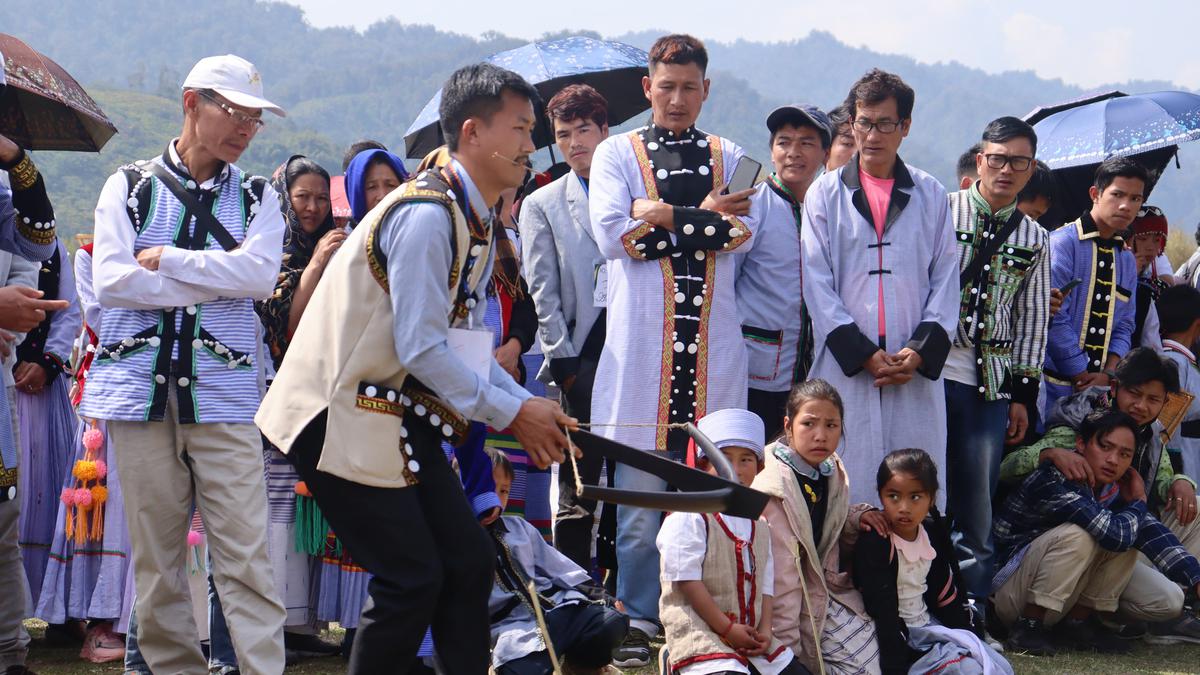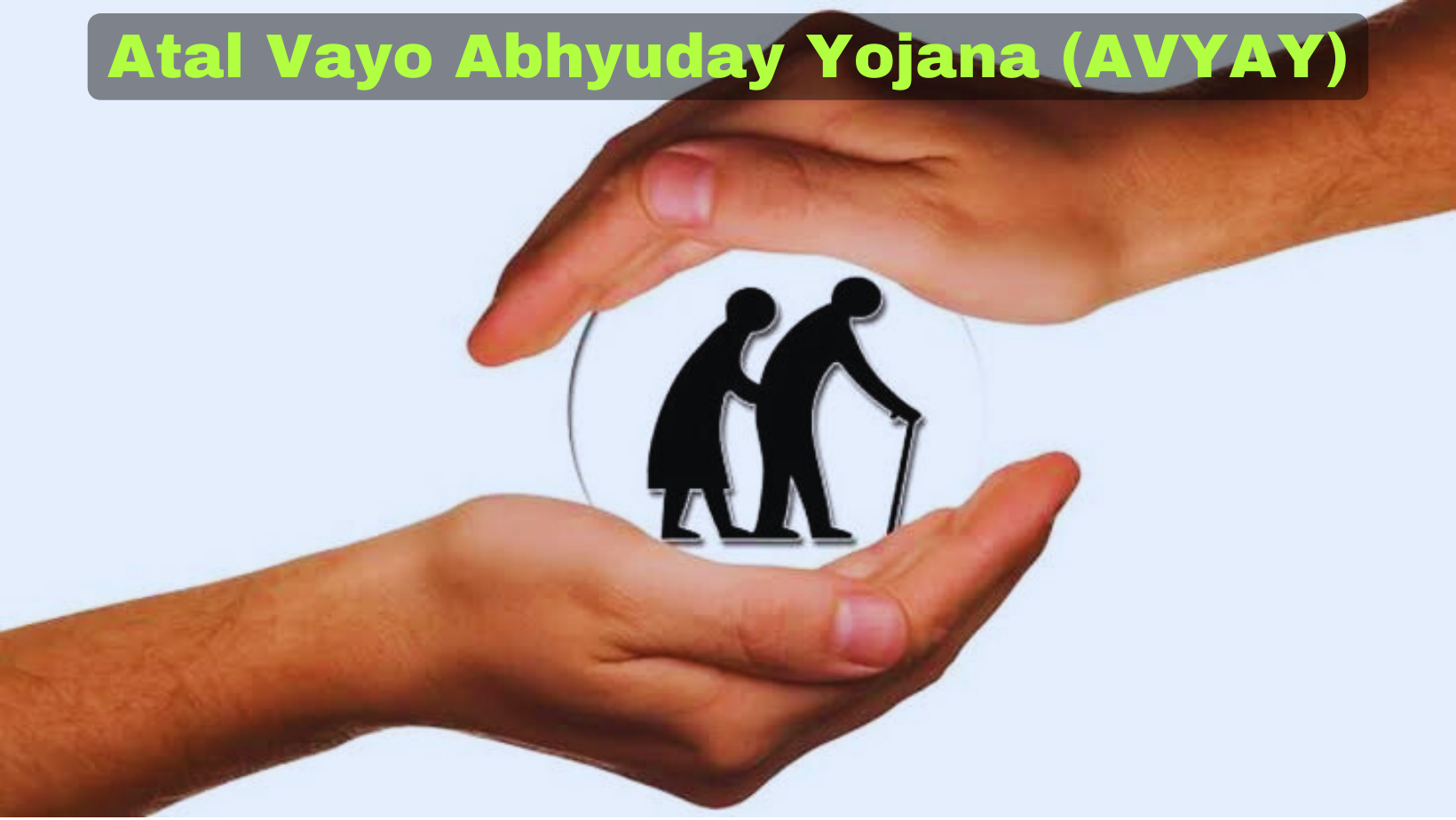Amazon Future Engineer Program (Phase 3)

- 23 Oct 2024
In News:
- The National Education Society for Tribal Students (NESTS) launched the third phase of the Amazon Future Engineer Program in 50 Eklavya Model Residential Schools (EMRS).
- Schools involved are spread across Andhra Pradesh, Gujarat, Karnataka, Madhya Pradesh, Odisha, Telangana, and Tripura.
Program Focus Areas:
- Emerging Technologies: The third phase introduces tribal students to key areas like:
- Blockchain technology
- Artificial Intelligence (AI)
- Coding and block programming
- The program is designed to equip students with skills in computer science fundamentals.
Teacher Training:
- A four-day in-person training workshop for teachers was conducted to empower them with the skills necessary to teach emerging technologies effectively.
- Teachers also participated in the EMRS Coders Expo, showcasing top student coding projects from the previous academic year.
Target Audience:
- Students: The program targets students from grades 6 to 9. Class 10 students will participate in project-based virtual sessions aligned with the CBSE AI Skills Curriculum.
- The goal is to enhance students' understanding of computer science and technology and prepare them for STEM (Science, Technology, Engineering, Mathematics) careers.
Program Expansion:
- Future Plans: The program will be rolled out in the next phase to cover a total of 410 EMRSs across India.
- Impact: Over 7,000 students in grades 6 to 8 have already benefited from the program’s introduction to computer science and block programming.
Key Goals of the Program:
- Empower Tribal Students: Provide tribal students with modern technological skills to prepare them for future STEM careers.
- Capacity Building: Equip both teachers and students with the knowledge and skills to engage with emerging technologies.
- Fostering Technological Literacy: The initiative aims to foster technological literacy and modernize education in tribal areas.
Recognition:
- During the event, Top 3 Student Coding Projects were felicitated for their creativity and innovation.
- The Top 3 IT Teachers were also recognized for their dedication in guiding students through the program.
Partnership with Amazon:
- The program is a collaboration between NESTS and Amazon, showcasing a joint effort to improve educational access and technological skill development among tribal students.
Lisu and Singpho Communities

- 18 Mar 2024
Why is it in the News?
Children of the Lisu and Singpho communities in Arunachal Pradesh and Assam are named according to the order they are born in the family, incorporating numbers into their names.
News Summary:
- In the Lisu or Yobin community of Arunachal Pradesh, names reflect the birth order of children, a tradition emphasizing familial hierarchy and cultural heritage.
- This practice underscores the community's deep-rooted connection to family and tradition.
- Recently, Birdwatchers discovered a new species of wren babblers in remote northeastern Arunachal Pradesh, aptly named the Lisu wren babbler.
Lisu and Singpho communities:
- The Lisu and Singpho communities, belonging to the Tibeto-Burman ethnic family, share a unique tradition of employing numbered names to denote birth order within their families, serving as a testament to their ethnic cohesion and rich cultural legacy.
- This naming tradition is prevalent among the Lisus, spanning regions such as Arunachal Pradesh, China, Myanmar, and Thailand, as well as the Singphos, who are prominent in Arunachal Pradesh and Assam in India.
- The Singphos, an ethnic community believed to have originated from the Kachin peoples, migrated from regions including upper Myanmar, Southwestern China, and Northern Thailand to settle in the eastern areas of Arunachal Pradesh.
- Both communities adhere to specific naming sequences for boys and girls, supplemented by strategies to prevent confusion in cases of similar name counts within families, such as the use of prefixes or suffixes.
- Furthermore, names may incorporate clan or ancestral references, adding layers of cultural and familial significance to the naming tradition, which underscores the profound connection to tradition and the enduring importance of family and clan identities within these communities.
About Wren Babblers:
- Belonging to the babbler family Timaliidae, Wren Babblers encompass approximately 20 small Asian bird species.
- Characteristics: These birds typically measure between 10 to 15 centimeters (4 to 6 inches) in length, featuring short tails and straight bills.
- Natural Habitat: Primarily found in southern Asia, Wren Babblers inhabit various ecological niches.
- Grey-bellied Wren Babblers: A closely resembling species to this newly discovered one, predominantly inhabit regions of Myanmar, with smaller populations also found in China and Thailand.
Atal Vayo Abhyuday Yojana (AVYAY)

- 23 Feb 2024
Why is it in the News?
The Department of Social Justice and Empowerment, being the Nodal Department for the welfare of senior citizens, develops and implements programmes and policies for these groups in close collaboration with State Governments, Non-Governmental Organisations and civil society.
About the Atal Vayo Abhyuday Yojana (AVYAY):
- It is a Central Sector Scheme to improve the quality of life of the Senior Citizens.
- The project is implemented by the Department of Social Justice and Empowerment.
Aims and Objectives:
- The main objective of the Scheme is to improve the quality of life of Senior Citizens by providing basic amenities like shelter, food, medical care and entertainment opportunities and by encouraging productive and active ageing through providing support for capacity building of State/ UT Governments/Non-Governmental Organisations (NGOs)/Panchayati Raj Institutions (PRIs) / local bodies and the community at large.
The components of the AVYAY Scheme are as under:-
-
- Integrated Programme for Senior Citizens (IPSrC)
- State Action Plan for Senior Citizens (SAPSrC)
- Rashtriya Vayoshri Yojana (RVY)
- Elderline – National Helpline for Senior Citizens
- Senior-care Ageing Growth Engine (SAGE)
- Geriatric Caregivers Training
Components of the AVYAY Scheme:
- Integrated Programme for Senior Citizens (IPSrC): Grant aid is provided to Non-Governmental/ Voluntary Organizations for running and maintenance of Senior Citizens' Homes (old age homes), continuous care homes, etc.
- Facilities like shelter, nutrition, medicare and entertainment are provided free of cost to indigent senior citizens.
- State Action Plan for Senior Citizens (SAPSrC): Grant in aid is released to States/ UTs for the creation of a pool of trained Geriatric Caregivers for senior citizens, for carrying a special drive for Cataract Surgeries for Senior Citizens and State Specific Activities for the welfare of senior citizens, especially who are indigent in the States/UTs.
- Rashtriya Vayoshri Yojana (RVY): To provide for senior citizens, suffering from any age-related disability/infirmity such as low vision, hearing impairment, loss of teeth and loco-motor disabilities.
- The eligible senior citizens under this component are those who are in the BPL Category or have monthly income up to Rs.15000/.
- Generic and non-generic devices are distributed to the senior citizens through the camps.
- Elderline: National Helpline for Senior Citizens (14567): The Ministry has set up the National Helpline for Senior Citizens to provide free information, Guidance, Emotional Support and field intervention in cases of abuse and rescues.
- Senior-care Ageing Growth Engine (SAGE): To promote out-of-the-box and innovative solutions for commonly faced problems, innovative start-ups are identified and encouraged to develop products, processes and services for the welfare of the elderly under this initiative.
- The initiative is implemented through IFCI Venture Capital Funds Ltd. (Investment Manager).
- Geriatric Caregivers Training: To bridge the gap in supply and increasing demand in the field of geriatric caregivers and also to create a cadre of professional caregivers in the field of geriatrics.
- The component is implemented through the National Institute of Social Defence and at present 3,180 geriatric caregivers have been trained.
